Indian summer was put on hold earlier this week as Tahoe received the first legitimate snowfall of the season. Higher elevations at Sugar Bowl received nearly two feet of snow.
Month: October 2013
By Geoff Forcier
Autumn has arrived in Tahoe and some say it’s the best time of the year. Temperatures are starting to fall and crisp cobalt skies filter abundant sun. Good weather is perhaps the single most important factor in knocking off any alpine objective. Fueled by the seasonal slowdown, a fortunate permit acquisition and an unquenchable thirst for adventure, we packed our gear and studied our maps. We launched a classic Eastern Sierra mission from North Lake Tahoe to the 14,505-foot summit of Mt. Whitney, the highest peak in the lower 48.
Because of its location in Southern California, Mt. Whitney has no glaciers. Mt. Rainier is only about 100 feet lower than Whitney, but is covered with glaciers due to its northern latitude close to Canada.
Two and half hours after leaving Tahoe City, we set up camp outside Bridgeport, in a broad valley dotted with natural hot springs. We slept under the stars with impressive peaks cresting the western skyline. This type of landscape prevails all the way down US395. Towns like Lee Vining, Bishop and Lone Pine break up long stretches of desert highway and provide ideal starting points for alpine adventures.
As we rolled south toward Lone Pine, we encountered heavy winds that created a massive dust storm across the valley, obstructing our view of the peaks. The bigger concern was how it would affect our summit chances. Would it blow us off the mountain side the next morning?
We took a fascinating side trip to Bristlecone Forest on the opposite side of the valley. At an elevation of 10,000 feet, the ancient forest is a worthy trip. At the top, the wind was virtually non-existent, just a whisper of a breeze. It felt strange to look 6,000 feet down into the valley engulfed in a churning dust storm.
As we got closer, we wondered how the 2013 federal government shutdown that had happened a few days prior would affect our trip. Would the mountain be closed? Rumors of law enforcement shutting down trail heads and closing roads loomed. It turned out that the roads and trail heads were open. No one was checking permits, we couldn’t even pick ours up because the office was closed.
We set up base camp in the Alabama Hills on BLM land west of Lone Pine. The landscape has spires, hoodoos and slabs interwoven with dirt roads and tracks leading to hidden camp sites in every direction. The site of countless western movie productions, Alabama Hills is featured in a Lone Pine museum celebrating its rich film history. It sits 4,000 feet below the Mt Whitney trail head camp site and is considerably warmer at night. With the wind gusting from all directions, we bailed on cooking dinner and took a short drive back to Lone Pine for Chinese at the cozy Merry Go Round Restaurant.
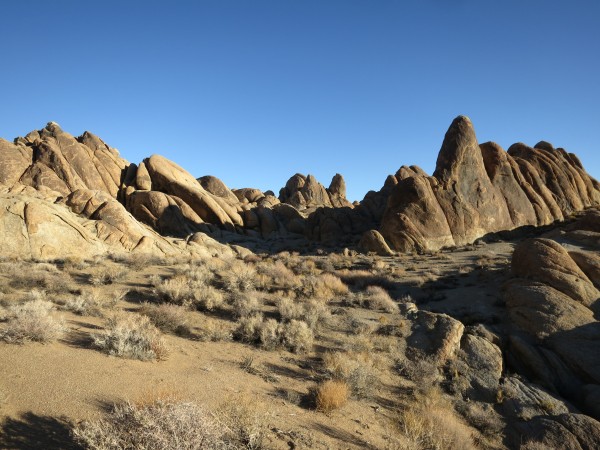
If it feels like your in a western film that’s probably because you’ve seen one of the hundreds of movies that have been filmed here.
The wind kept up all night and we left the campground to began our climb at 2:30 am. When we arrived at the trail head, we were amazed to discover that there was no wind. The weather could not have been better for a summit bid.
We traveled in darkness for the first three hours, following light from our headlamps, trying not to stumble on rocks, and occasionally stopping to gaze at the perfect starry sky and canyon walls. At 11,000 feet, the sun came up and we found ourselves in a rock amphitheater that comprises the east face of Whitney. We paused for photos and refueled before ascending “99 Switchbacks,” a seemingly endless series of short switchbacks that ascend the steep face to the Trail Crest. At the crest we passed through the saddle and got our first view to the west toward Kings Canyon, Sequoia National Parks and the towering peaks of the southern Sierra Nevada. We snaked our way around towers, or aiguilles, as we made the final traverse to the summit. Above 13,000 feet, we really felt the altitude but the lure of the summit pulled us up.
Approaching from the west, the summit of Mt. Whitney is a broad plateau with a small, historic, stone hut with a rescue cache and a refuge room for hikers stranded in lighting storms. Just past the hut, massive cliffs fall away for thousands of feet. After the obligatory summit glory photos, a rolly, IPA, bacon and eggs we headed down. The decent was long but pleasant as it had warmed up lower on the mountain. It was a little rough on the knees, but we got to check out the intricate rock walls of Thor Peak and the beautiful meadows and creeks that we missed in the dark on the way up.
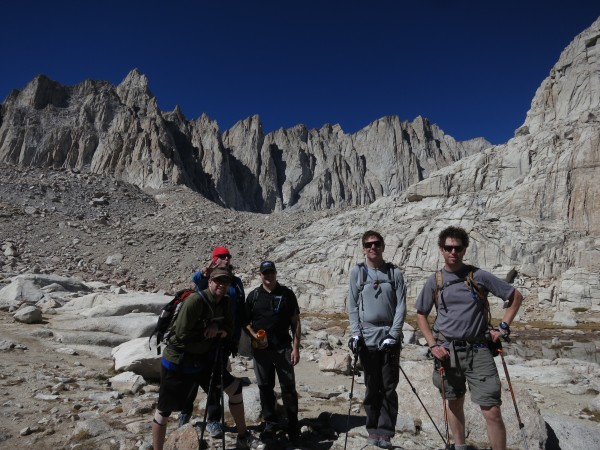
Below 99 switchbacks it feels like you should be on the home stretch but really still have 3,000 vertical feet to go.
Back at the car we toasted to success with some Olys. We decided that although this was a 22-mile, 6,000-vertical-foot, monster day, it was the best overall hiking adventure that any of us had ever had. Back at Alabama Hills more glory photos, high fives and beverages went down with grilled steak and baked potatoes. Getting high on Whitney felt great.
Rolling into Squaw Valley last Saturday felt more like a busy winter ski day than an October weekend. Cars were parked all the way to the Opera House building. Nearly 5,000 people attended the much anticipated release of McConkey. The film’s creators were also in attendance along with many of the cast, friends and family. The entire valley raged on all cylinders after the show. The film will now tour across the country including stops in Los Angeles and New York City.
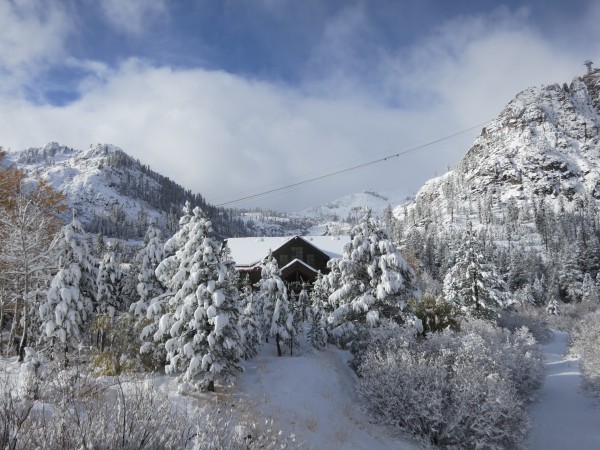
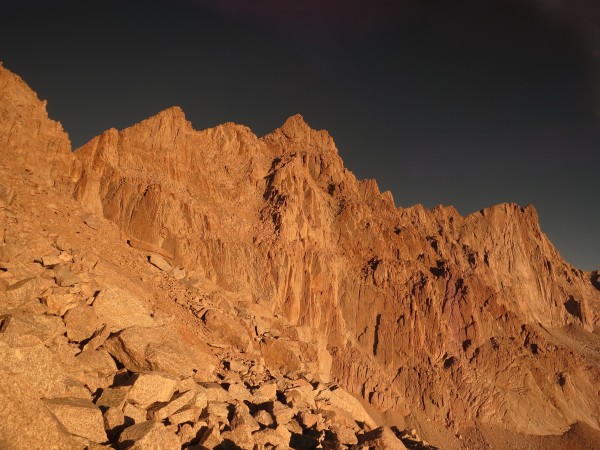
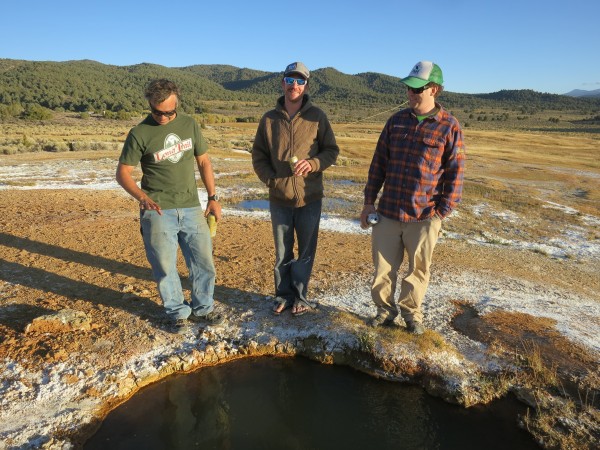
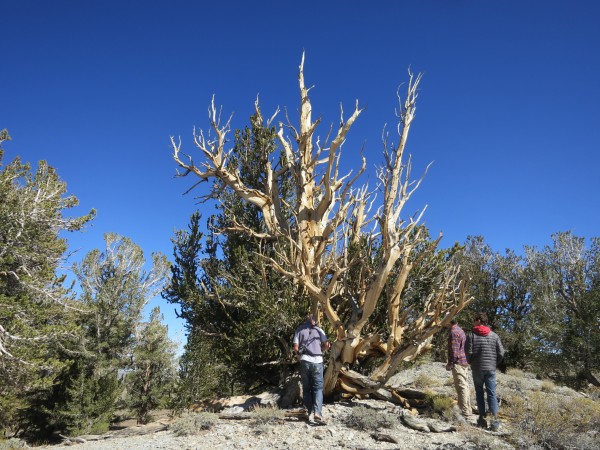
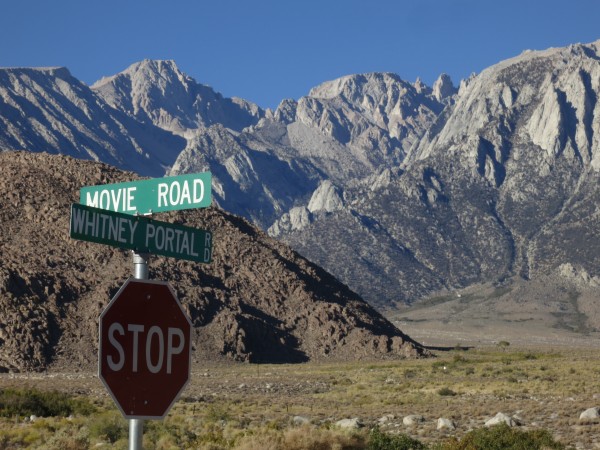
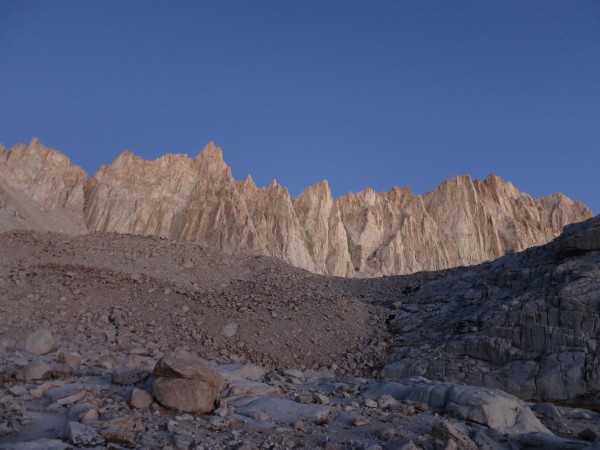
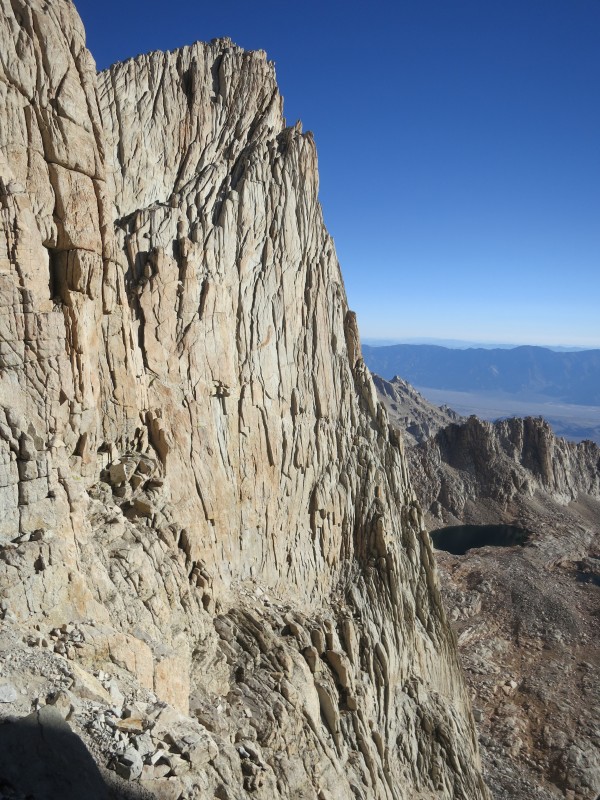
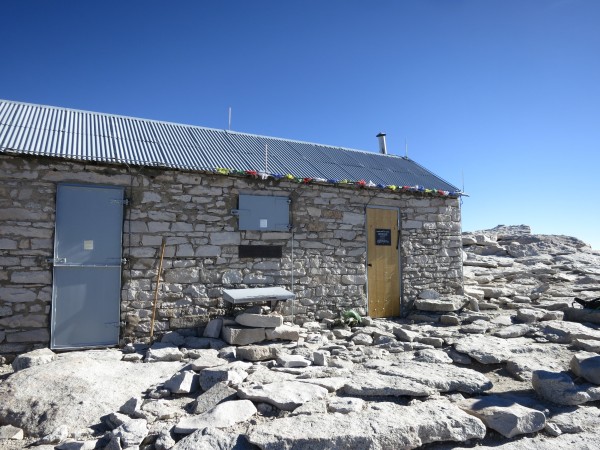
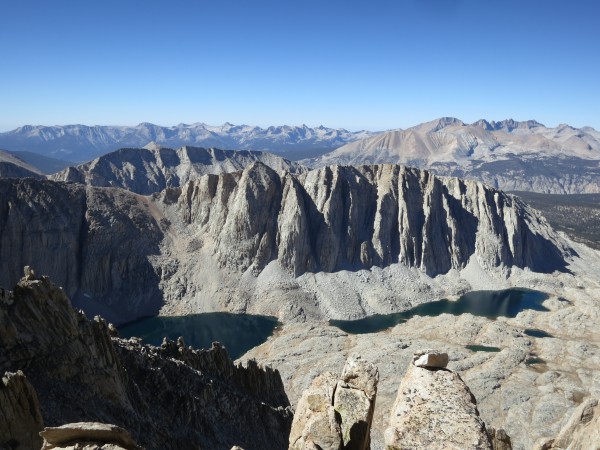
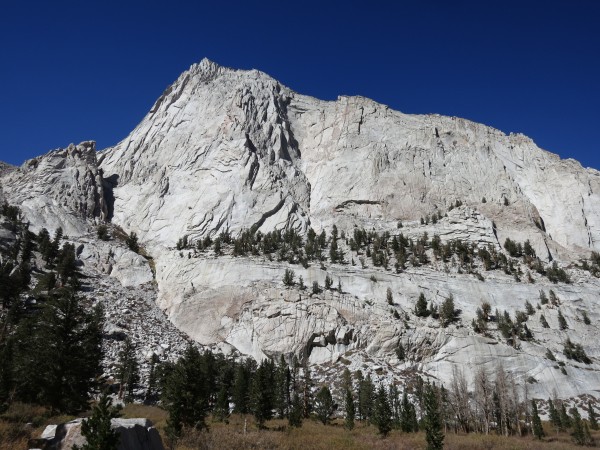
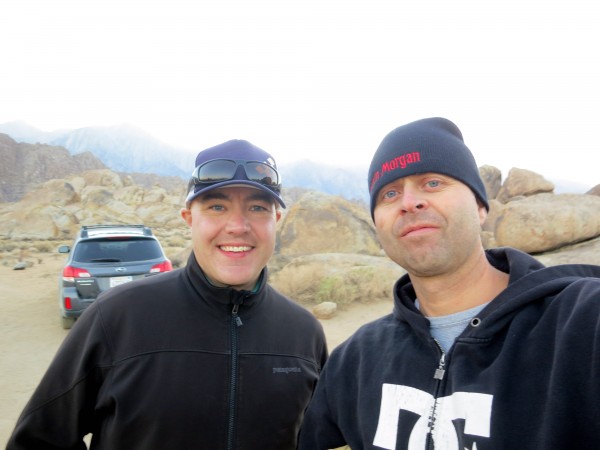
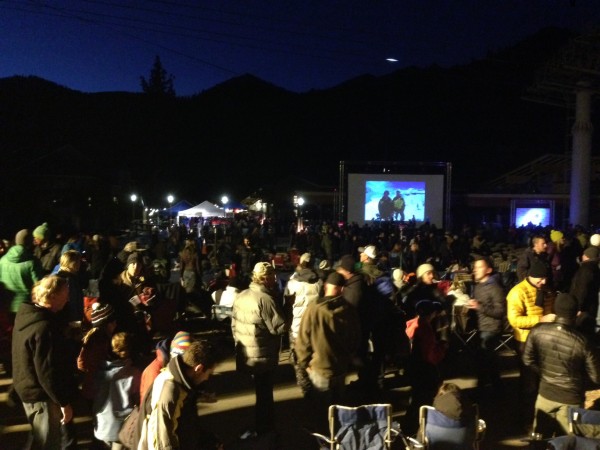




Recent Comments